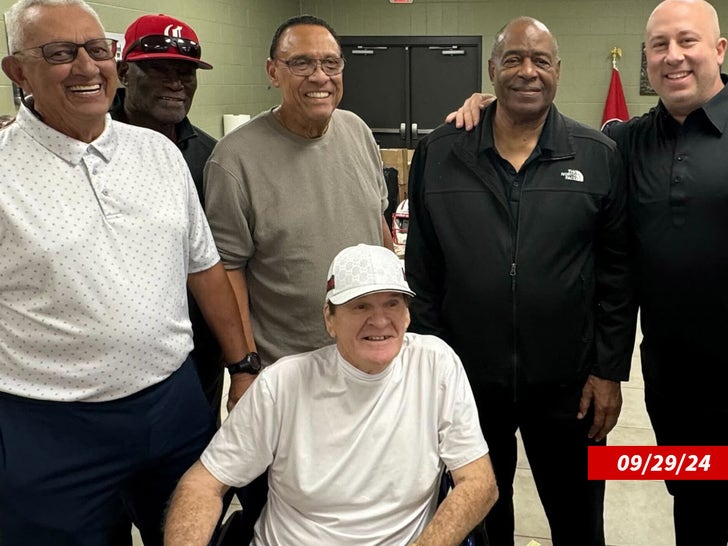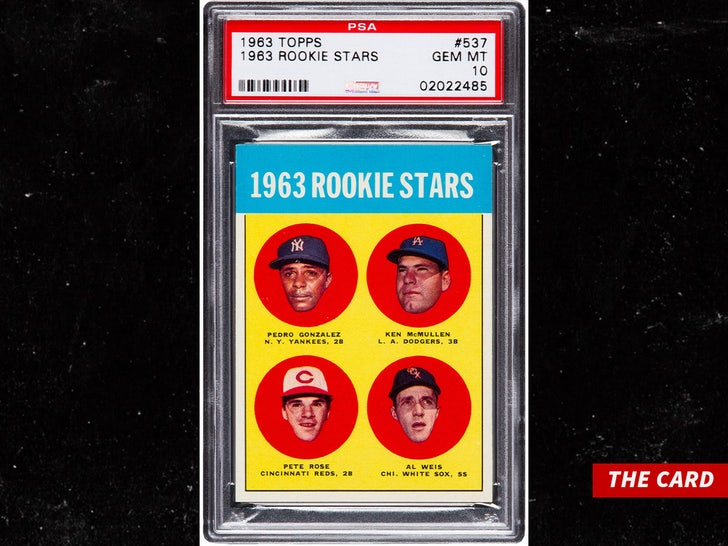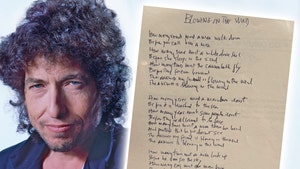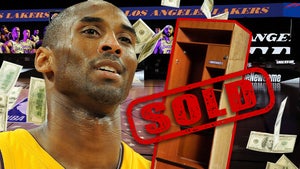Pete Rose Memorabilia Value Rises In Death, '63 Rookie Card Is Holy Grail
Pete Rose Memorabilia Value Rises In Death '63 Rookie Card's Holy Grail

Pete Rose arguably signed more autographs than any ballplayer in MLB history, but that doesn't mean "Charlie Hustle" memorabilia isn't experiencing a sizeable boost in value in death, according to a top expert.
TMZ Sports talked to David Kohler, founder and president of SCP Auctions, just days after Rose's death ... and we asked whether items signed by the legendary Reds player have increased in worth following Pete's death on Monday.
"Every time a really important person in a game of a big American sport such as baseball passes, there's a lot of interest. I'm sure on eBay, there's a lot more sales now for his memorabilia," Kohler told us, while noting, "for a long, long time, [Pete] was at all the card shows, making appearances, signing a lot of balls and bats. He did it for a long time."
The law of supply and demand dictates that with outsized supply, prices will drop. Now, with Pete's passing, there will sadly not be any more items signed, thus the bump.
But, David says there are some items that carry significant value.
"Now, his game-worn items, his rare early pieces, his high, high-end baseball cards from the early 60s, his rookie year was 1963, and to early 70s, those items will increase in value. The rarity, the scarcity," Kohler told us.
What's the holy grail, we asked.
"When it comes to cards, it would be his PSA 10, a rookie card from 1963 tops. There's only one of those graded. It traded in the last 10 years for $717K. So today that card would be worth over a million dollars, easily."
Of course, we broke the story ... Rose was found deceased by a family member at his Las Vegas home after returning from a signing/meet-and-greet in Nashville.
Pete's Hall of Fame teammate, Tony Perez, who was with him at the signing, told us his good friend of 6+ decades wasn't feeling well on Sunday.
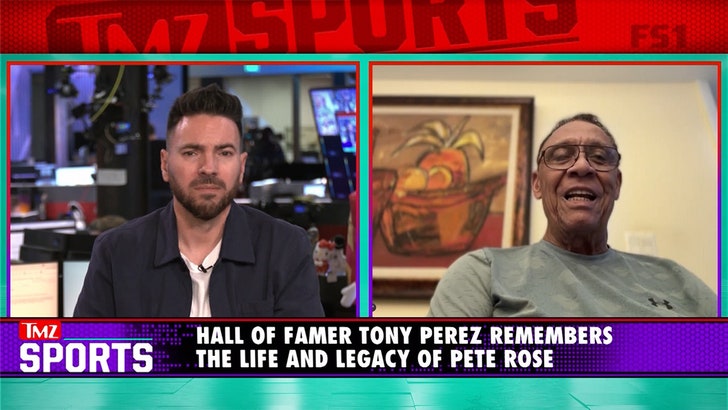
The Medical Examiner, after conducting an autopsy, says Rose died of complications from heart disease.





